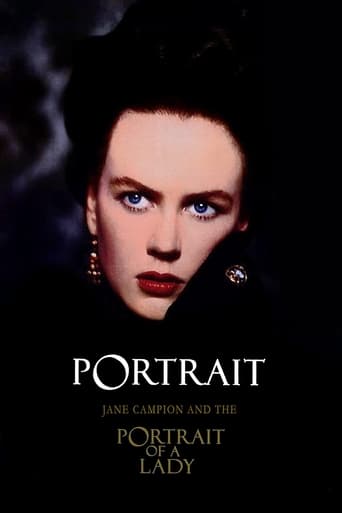In the realm of cinematic artistry, few films capture the essence of literary adaptation as poignantly as Jane Campion's "The Portrait of a Lady" (1997), produced by Propaganda Films in the United States. This film, a visual and emotional translation of Henry James' novel, showcases Campion's unique directorial vision, blending the lush settings of 19th-century Europe with a modern psychological depth. The narrative follows Isabel Archer, portrayed by Nicole Kidman, as she navigates the complexities of freedom and entrapment within the societal constraints of her time. Campion's approach to the material is both respectful and innovative, infusing the story with a feminist perspective that resonates with contemporary audiences. Campion's direction in "The Portrait of a Lady" is marked by her signature use of visual motifs and a keen attention to the inner lives of her characters. The film's aesthetic, characterized by soft, diffused lighting and meticulously crafted period details, serves as a backdrop to the psychological drama unfolding on screen. Through her lens, Campion explores themes of autonomy, desire, and the often-painful journey toward self-realization. The use of flashbacks and dream sequences adds a layer of complexity, allowing viewers to delve deeper into Isabel's psyche and the choices that define her path. The performances in the film are a testament to Campion's ability to draw out nuanced and compelling portrayals from her actors. Nicole Kidman's Isabel Archer is a study in contrasts—vibrant yet vulnerable, determined yet disillusioned. Supporting performances by John Malkovich, Barbara Hershey, and Viggo Mortensen further enrich the film, each actor bringing a distinct flavor to their roles and contributing to the overall tapestry of the narrative. Campion's collaboration with her cast results in a film that feels both intimate and expansive, a delicate balance that speaks to her skill as a director. "The Portrait of a Lady" stands as a significant achievement in Jane Campion's oeuvre, a film that not only honors its source material but also pushes the boundaries of what a period drama can be. Produced by Propaganda Films, the movie's American roots are evident in its bold storytelling and willingness to challenge traditional narratives. Campion's vision transforms Henry James' novel into a cinematic experience that is at once timeless and timely, a portrait of a woman's struggle for independence that continues to inspire and provoke thought long after the credits roll.
Year1997
Runtime55 min
GenresDocumentary
Production countriesUnited States of America

